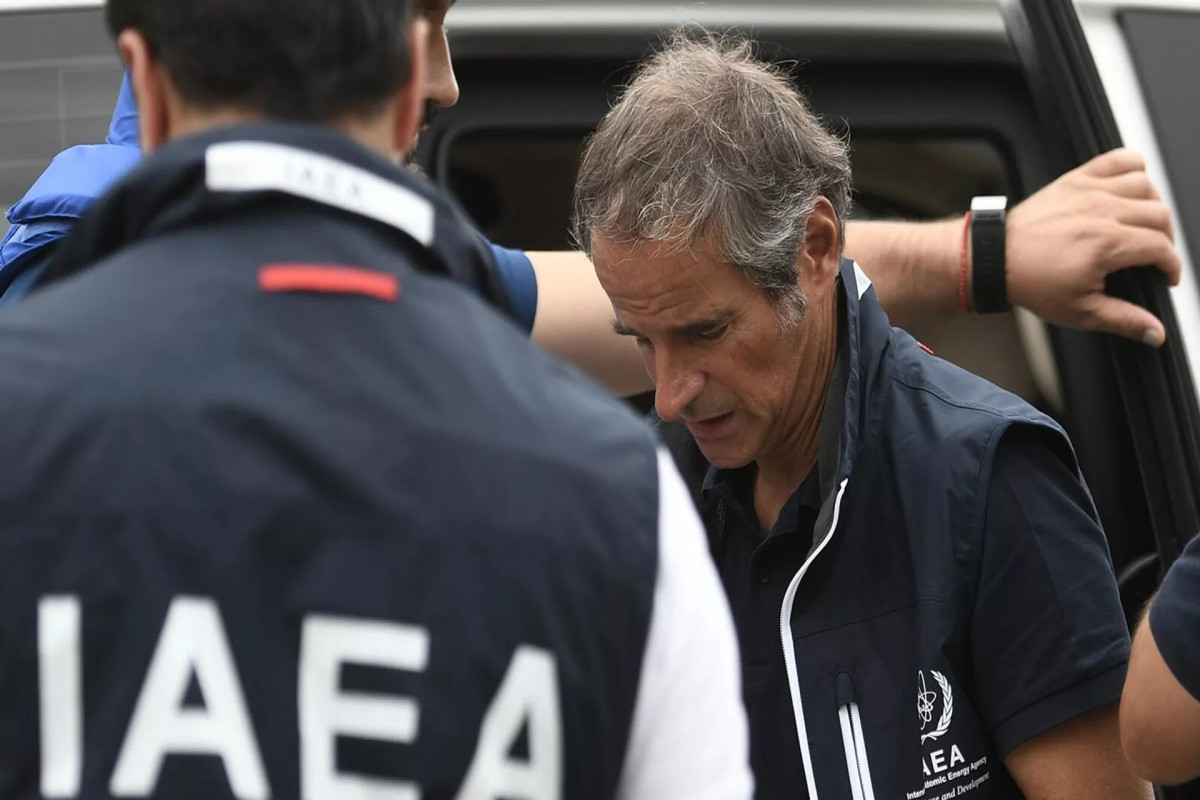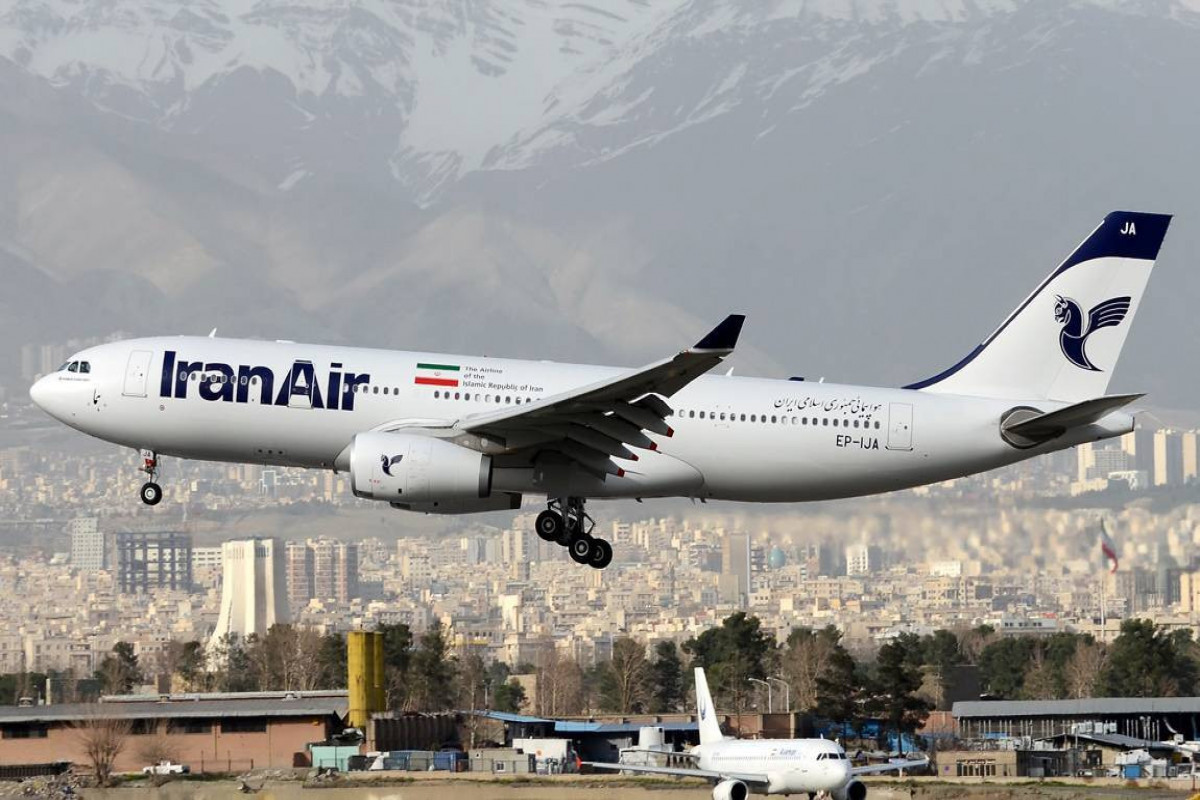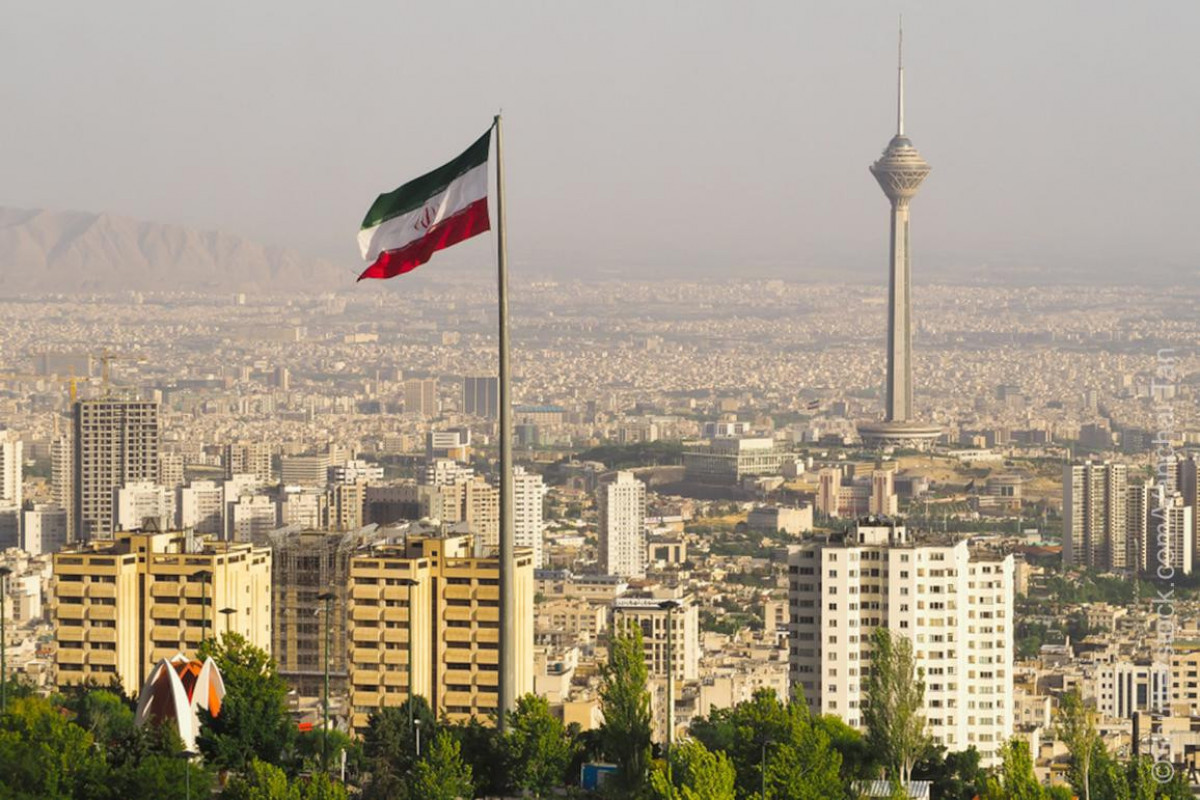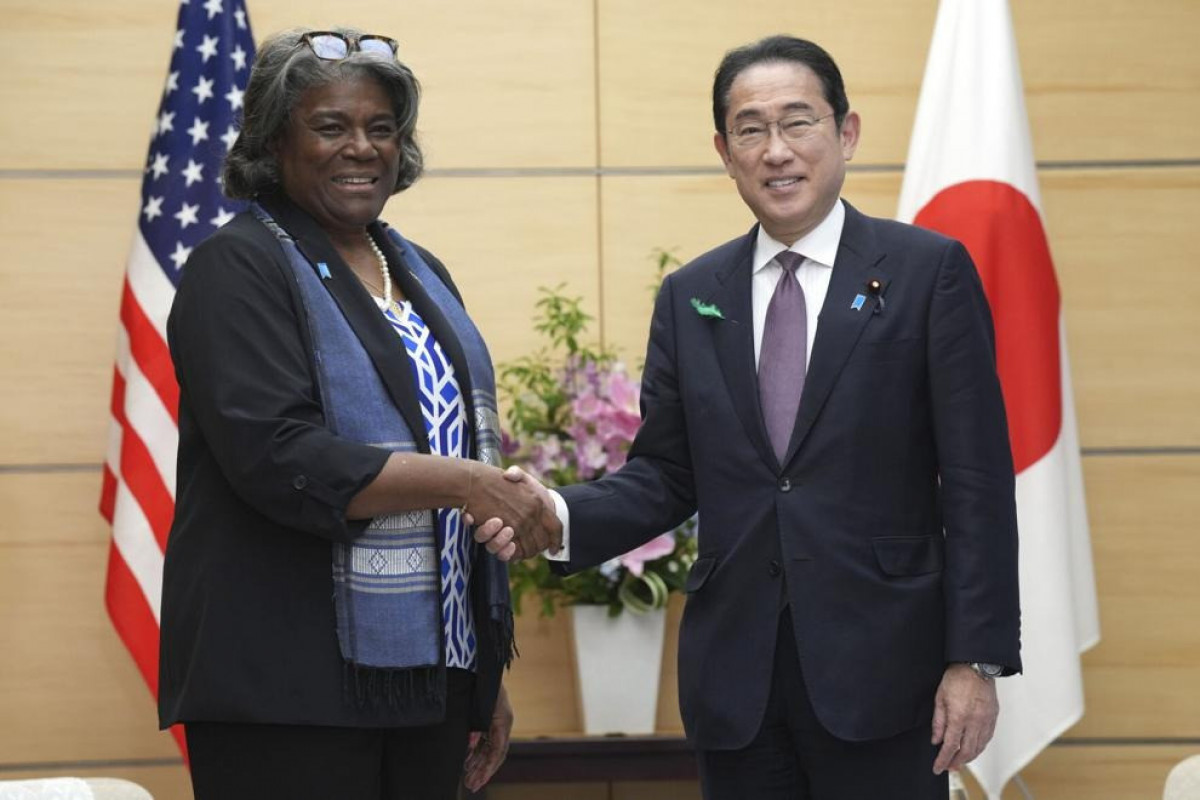Despite his pledges in public to be more engaging with North Korea and review the previous administration’s decision to deploy the Terminal High Altitude Area Defense (THAAD) anti-missile system, South Korea’s newly elected president Moon Jae-in is unlikely to bring overhauling changes to the region, APA reports quoting Sputnik.
Winning an election in a country deeply split following the impeachment of former president Park Geun-hye over an extensive corruption scandal, Moon Jae-in, a former human rights lawyer, needed only 40 percent of votes to defeat other conservative candidates in the election on Tuesday.
Little Room for Enlargement With North Korea
Being a liberal candidate from the Democratic Party, which has always preferred the “Sunshine Policy” seeking to promote dialogue with North Korea and improve relations through cultural and economic exchange, Moon had to portray a progressive image in dealing with North Korea during his presidential campaign.
“In South Korea, what defines you as a conservative or progressive candidate comes down to your policy position on foreign policy,” James Kim, an international relations expert at the Asan Institute for Policy Studies in Seoul, told Sputnik. “Moon had to be loyal to the policy line of engagement with North Korea, which is the identity his party represents.”
But analysts said the new South Korean president is likely to be constrained and more pragmatic in office, instead of making a U-turn on current policies towards North Korea.
“Moon will be different from previous progressive leaders who focused on the ideology of the ‘one nation’ identity,” Hyun-Wook Kim, a professor at the Korea National Diplomatic Academy in Seoul, told Sputnik. “He will be more realistic. The conditions for his meeting with Kim Jong-un will be the denuclearization of North Korea.”
Unless North Korea stops the development of its nuclear weapons and starts the process of denuclearization, there’s little room for Moon to lift existing economic sanctions and initiate engagement with its neighbor in the north, including reopening the Kaesong Industrial Complex that the previous administration said was funneling hard currency to the regime in Pyongyang.
“If Moon tries to reopen the industrial park, it will violate the UN resolution on North Korea, which required severing all economic aids that may provide financial support to its nuclear arms programs,” Kim said.
Under the “Sunshine Policy” initiated by late South Korean president Kim Dae-jung, a liberal leader who won the Nobel Peace Prize for the successful implementation of this policy in 2000, tour programs for South Korean citizens to visit North Korea were introduced for the first time in history and an industrial park was opened in 2004 in Kaesong, North Korea, where over 51,000 North Koreans worked for over 120 South Korean companies at its peak. The industrial park was shut down by the South Korean government in February 2016, in response to a ballistic missile test by North Korea.
“Over the past 20 years, we have tried all kinds of engagement with North Korea, including the Kaesong Industrial Complex,” Kim, the expert from the Asan Institute for Policy Studies, said. “They have all failed miserably. North Korea continued its progress in becoming a nuclear state. After Pyongyang’s the fourth and fifth nuclear test, South Korea finally moved away from engagement.”







